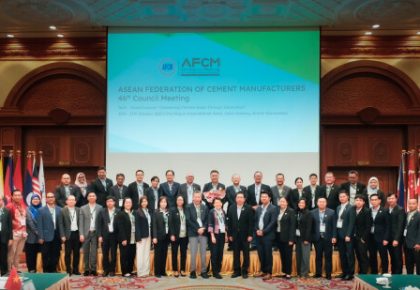
Contact us for a very special pricing offer to end this August on a highly comprehensive report available on the EU ETS (European Union Emissions Trading System) program.
The report provides detailed data and insights on several aspects of the ETS and its impact on the cement industry as follows:
• What are the main sources of CO₂ in the cement process and how they might be mitigated? • The whole history of the EU ETS and its various phases so far • Country by country analysis with Phase III data and details • Plant by plant analysis • Financial impact of the EU ETS on the European cement sector • Behavior of the European #cement sector with regards to the EU ETS impact • Overall conclusions.
CONTENTS:
- Cement process CO2 emissions (explanation)
Sources of CO2 in cement manufacturing
Technology of European cement pants and CO2 implications
- What impacts CO2 emissions in the cement sector?
Raw materials impact
Fuel combustion impact (incl. Alternatives)
Grinding process – clinker substitution
- Carbon credits in the European Union – Background
Introduction – Phases of ETS
Cement plant operations prior to 2007-2008 crisis
What happened between 2008 and today?
- Phase III (2013 – 2018) situation analyzed country by country – Full Database
- Plant by plant 2018 clinker production versus Historical Activity Level (HAL)
- Conclusions on country by country analysis
Production versus capacity and Exports/Imports balance
Plant closures
Estimated financial impact of CO2 on the sector
European performance on CO2 reduction between 2005 and 2018
- The economics of a cement plant within the EU ETS (2019 and 2020)
- Conclusions
The report was launched in 2019, yet the program and details can be used by any company and government who wish to focus on lowering CO2 emissions and who aim to make a sustainable strategy for the coming years.
The report has 110 pages and examines 31 countries and 210 integrated cement plants. Get your copy or send your inquiry at contact@industrylink.eu. Offer ends this August.



